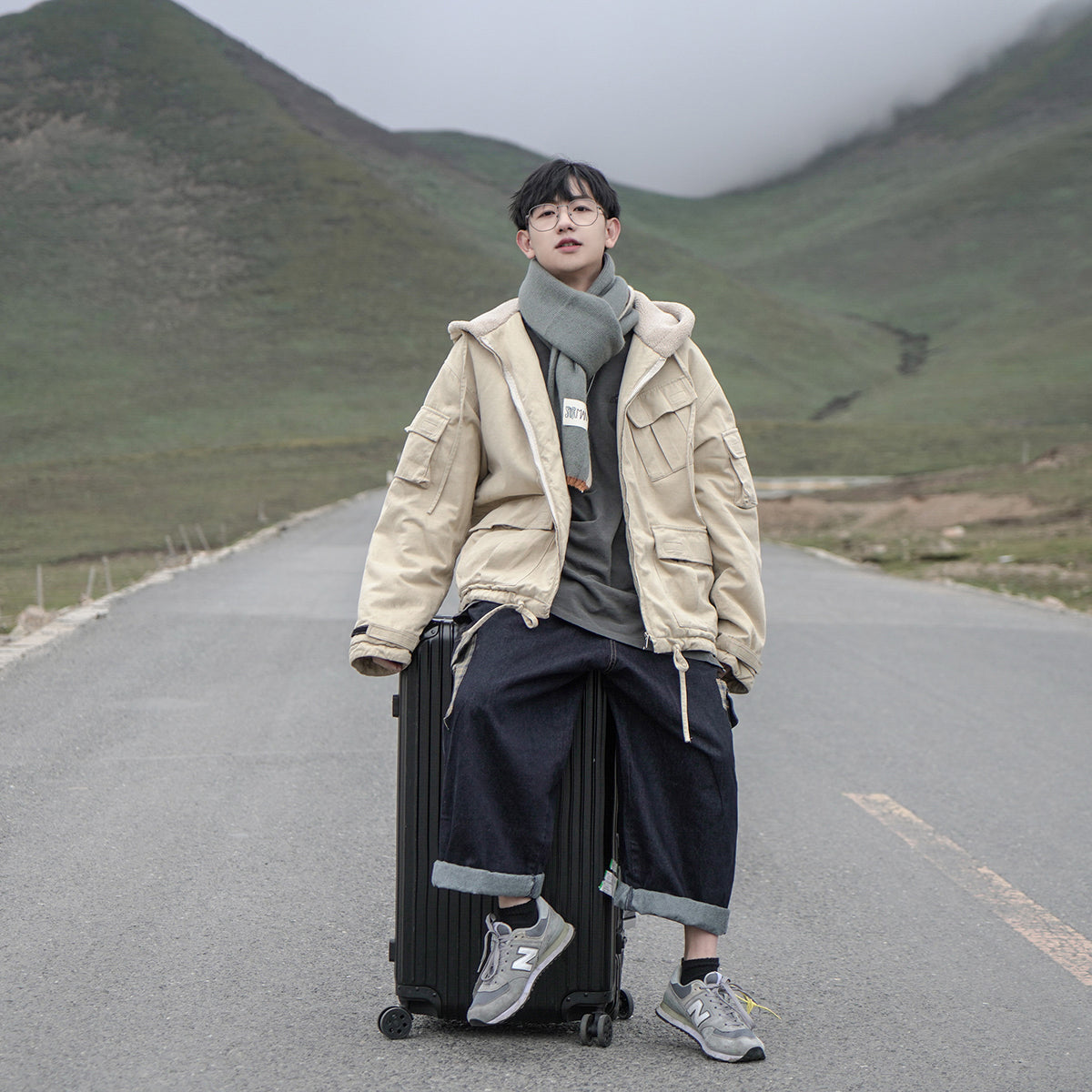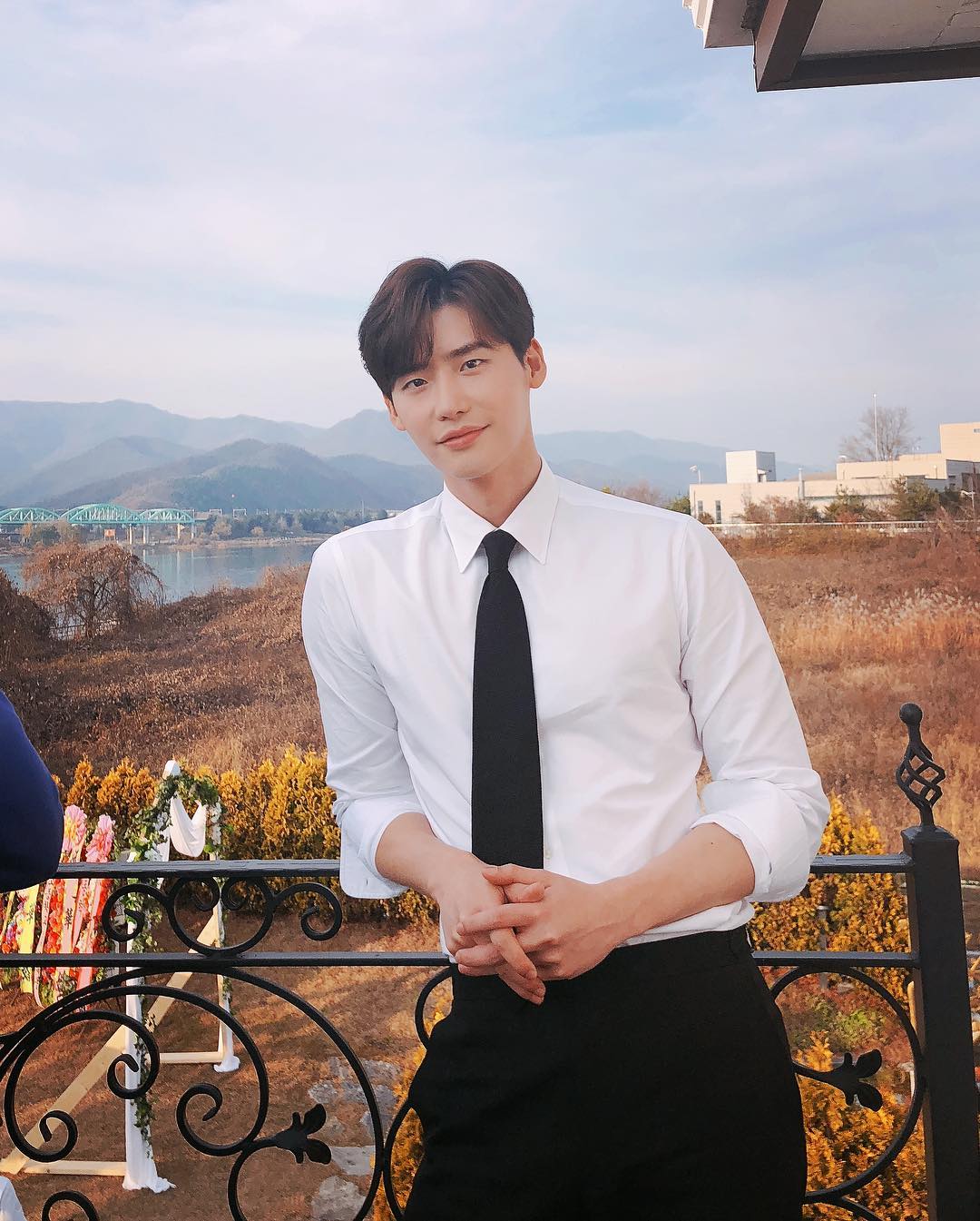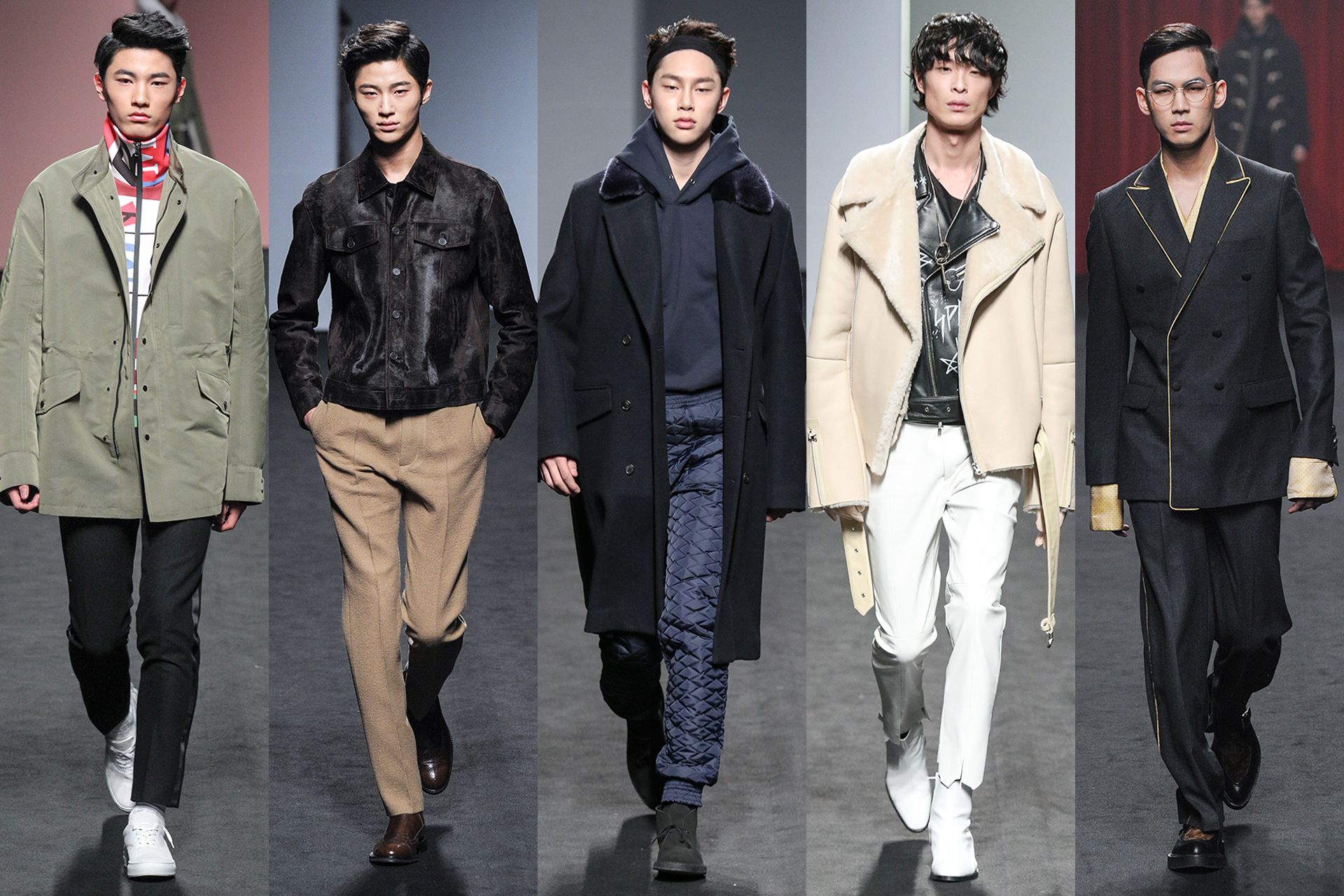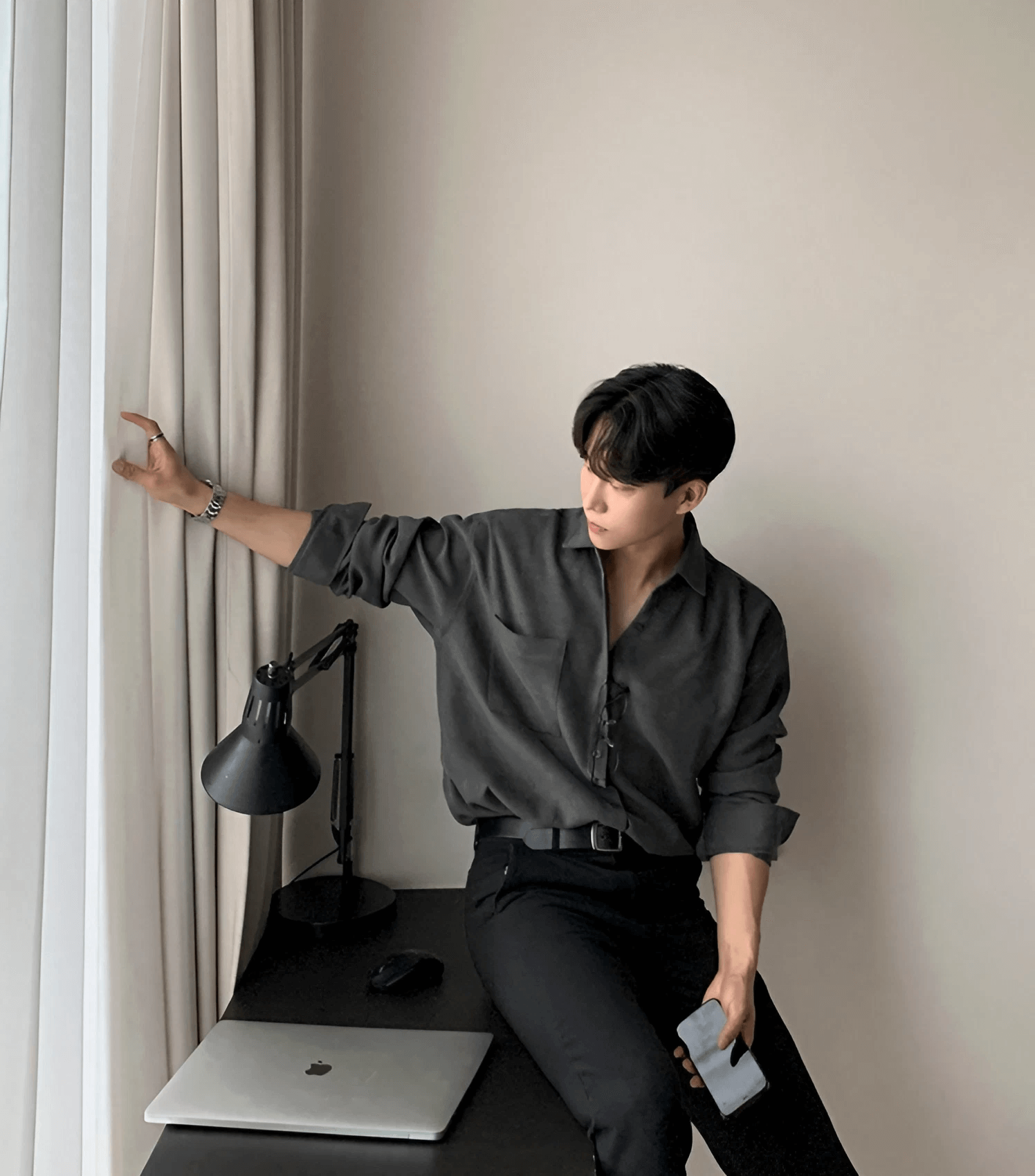Introduction
In contemporary society, the concept of masculinity among Korean men is undergoing significant evolution, influenced by cultural traditions, historical context, and global trends. Understanding the complexities of Korean men’s identity requires delving into various facets, from societal expectations to personal aspirations and challenges.
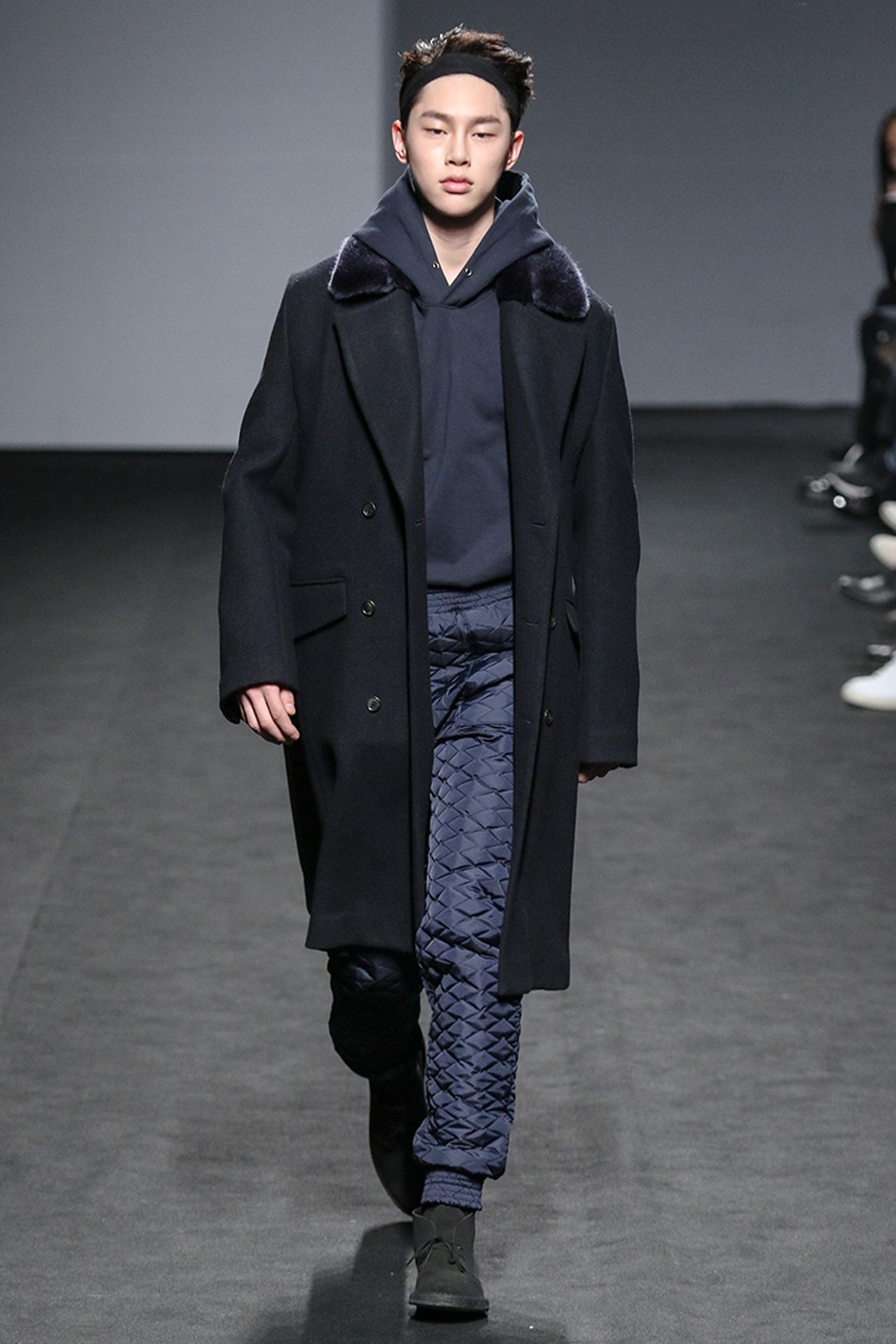
Cultural Foundations:
Traditional Korean masculinity has been shaped by Confucian ideals emphasizing duty, honor, and family. Historically, men were expected to fulfill roles as providers and protectors, reflecting patriarchal norms deeply embedded in Korean society. These ideals continue to exert influence but are increasingly being redefined in the face of modernization and global influences.
Economic and Social Shifts:
South Korea’s rapid economic development has transformed societal expectations and opportunities for men. As the country transitioned from agrarian to industrial and now to a tech-driven economy, traditional roles have adapted. Men are navigating new challenges in a competitive job market while balancing evolving family dynamics and changing gender roles.
Changing Gender Dynamics:
The status of women in South Korea has also evolved, impacting perceptions of masculinity. With increasing female workforce participation and advocacy for gender equality, Korean men are reassessing their roles within family and society. This shift has prompted discussions on shared responsibilities in caregiving and domestic tasks, challenging traditional gender norms.
Media and Pop Culture Influence:
Korean pop culture, including K-dramas, K-pop, and movies, plays a pivotal role in shaping perceptions of masculinity. Male celebrities often embody diverse portrayals, from stoic heroes to sensitive romantic leads, influencing societal norms and expectations. This media representation not only reflects but also contributes to the ongoing dialogue on masculinity in contemporary Korea.
Health and Wellness Trends:
There is a growing emphasis on health and wellness among Korean men, encompassing physical fitness, mental well-being, and grooming. This trend reflects a broader global shift towards self-care and personal development, where Korean men are increasingly prioritizing holistic approaches to maintain their well-being and appearance.
Generational Perspectives:
Younger generations of Korean men exhibit distinct attitudes towards masculinity compared to their predecessors. Raised in a more interconnected world, they are more open to diverse expressions of masculinity, including fashion choices, emotional vulnerability, and unconventional career paths. This generational shift signifies a departure from rigid traditional norms towards a more inclusive and progressive definition of masculinity.
Challenges and Opportunities:
Despite strides towards redefining masculinity, Korean men face challenges such as societal pressures, mental health stigma, and expectations to conform to traditional roles. However, these challenges also present opportunities for dialogue, advocacy, and positive change in addressing gender stereotypes and promoting gender equality.
Cultural Signifiers and Traditions:
Traditional Korean masculinity has long been influenced by Confucian values emphasizing loyalty, filial piety, and hierarchy. These values historically shaped the roles and expectations placed on men as leaders in their families and communities. However, as South Korea has rapidly modernized, these traditional roles have evolved. Today, Korean men navigate a more complex landscape where traditional values intersect with globalized influences.
Education and Career Expectations:
Education has been a cornerstone of success in South Korean society, and academic achievement continues to be highly valued. Historically, men were expected to pursue rigorous education and secure stable careers to support their families. However, with the advent of globalization and technological advancements, there is a growing recognition of the importance of creativity, innovation, and adaptability in the workforce. This shift has led to a broader range of career aspirations among Korean men, beyond traditional professions such as engineering, medicine, and finance.
Family Dynamics and Gender Roles:
Traditional gender roles in Korean families have been patriarchal, with men typically assuming the role of primary breadwinners and decision-makers. However, societal changes, including women’s increasing participation in the workforce and education, have challenged these norms. Modern Korean men are increasingly involved in caregiving and domestic responsibilities, reflecting changing expectations and evolving family structures.
Media Representation and Cultural Icons:
Korean popular culture, particularly K-dramas, K-pop, and films, plays a crucial role in shaping societal perceptions of masculinity. Male celebrities often embody diverse archetypes, from the charismatic and assertive to the sensitive and empathetic. These portrayals not only reflect shifting societal norms but also influence how masculinity is perceived and expressed among younger generations.
Fashion and Grooming Trends:
Fashion and grooming trends among Korean men have become increasingly diverse and expressive. From sophisticated streetwear to gender-neutral fashion choices, Korean men are embracing individuality and self-expression through their style. Grooming rituals, including skincare routines, reflect a broader cultural emphasis on health, well-being, and personal presentation.
Challenges in Mental Health and Social Pressures:
Despite progress in redefining masculinity, Korean men face significant challenges, including mental health issues exacerbated by societal pressures to succeed academically and professionally. Stigma surrounding mental health remains a barrier to seeking support, although awareness campaigns and advocacy efforts are gaining traction.
Emerging Masculinities and LGBTQ+ Identities:
South Korea’s evolving attitudes towards LGBTQ+ rights have prompted discussions around diverse expressions of masculinity and gender identity. While traditional norms still exert influence, younger generations are increasingly open to diverse gender identities and sexual orientations, challenging stereotypes and advocating for greater inclusivity.
The Role of Education and Advocacy:
Education and advocacy play critical roles in shaping attitudes towards masculinity in South Korea. Initiatives promoting gender equality, mental health awareness, and inclusive representation in media contribute to fostering a more nuanced understanding of masculinity and promoting positive role models for future generations.
Conclusion:
“Exploring Modern Masculinity: Perspectives on Korean Men’s Identity” encapsulates the dynamic interplay between tradition and change in defining masculinity in South Korea. As Korean society continues to evolve, so too will the expressions and expectations surrounding masculinity, shaped by cultural heritage, socio-economic factors, media influence, and generational shifts. Understanding these complexities is essential in fostering a more inclusive and progressive society where all individuals, regardless of gender, can thrive authentically and contribute to a shared future.
Korean men are navigating new opportunities for self-expression, personal growth, and societal contribution. By embracing diversity, challenging stereotypes, and fostering inclusive dialogue, South Korea is poised to continue shaping a modern masculinity that reflects its rich cultural heritage while embracing global influences and progressive values.

